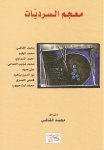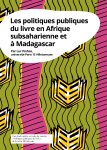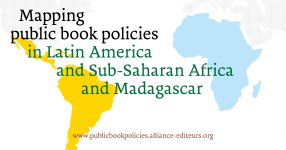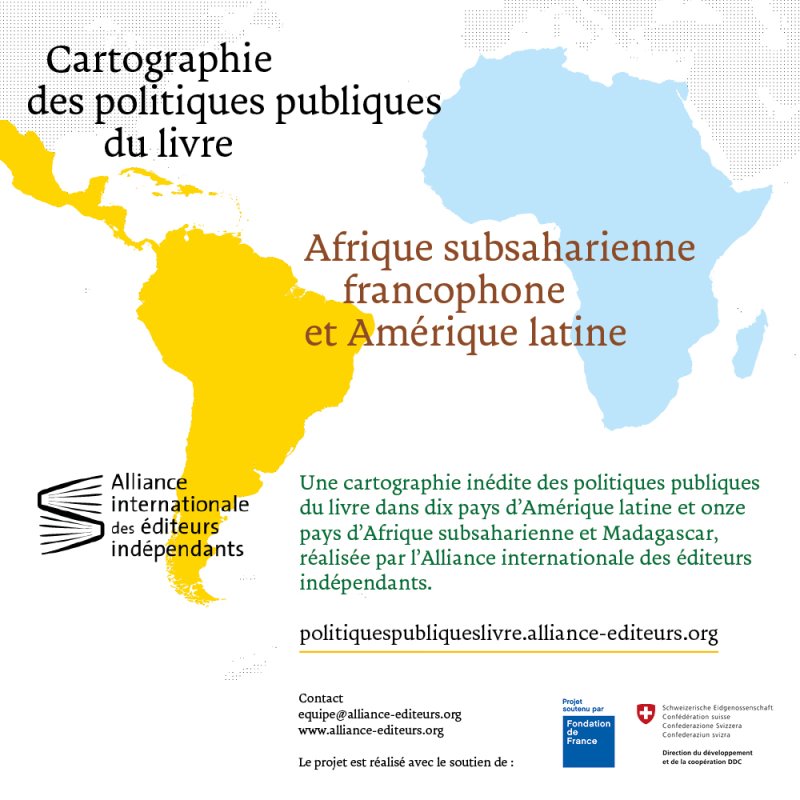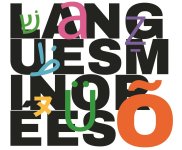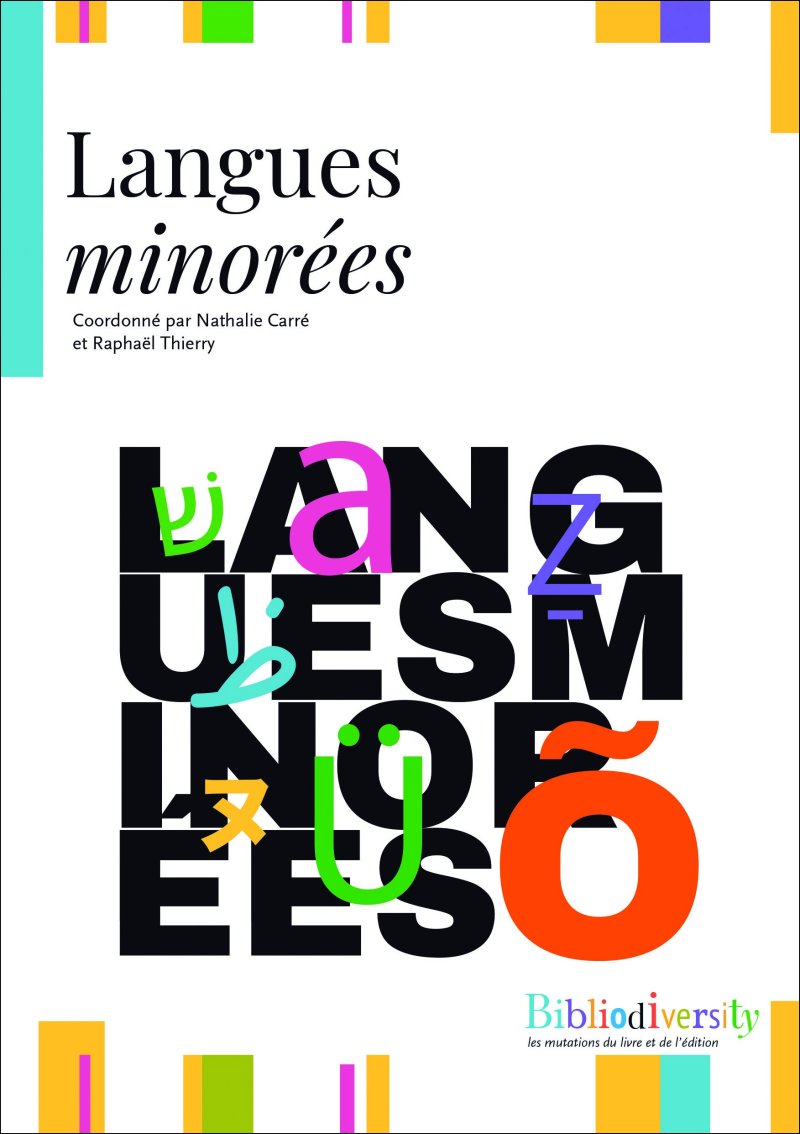Paris, December 2010
It is with great concern that the International Alliance of Independent Publishers has noted the recent censorship of a book in Spain, and the threats made against the independent publishing house Txalaparta, member of the Alliance’s Spanish-speaking network.
The book in question, “El manual del torturador español” (The Spanish Torturer’s Manual) – by Xabier MAKAZAGA denounces the torture carried out by the Spanish police. The book was withdrawn from a public library (in the Basauri town council), following a request by a political party and certain Madrid newspapers to remove it from all libraries where it was made available to readers. However the practices described in this book support the accusations already made in reports by Amnesy International and by the UN Recorder on Human Rights. The campaign against this book has already been publicly denounced by public librarians. Furthermore the Basque Country Human Rights Observer (Behatokia) sent a letter of protest to Frank de la Rue, Special Recorder on Human Rights and Freedom of Expression with the Office of the United Nations High Commissioner for Human Rights, whose headquarters are in Geneva.
The International Alliance of independent publishers, whose objectives include defending freedom of expression and denouncing all forms of censorship, also has a duty to respond publicly when attacks or infringements are directed – for ideological reasons – against independent publishers, whose very job it is to encourage the dissemination of ideas and to contribute to forging the identity of people and their culture.
One has only to examine Txalaparta’s publishing catalogue to appreciate the vast range of literary works and essays which constitute an undeniable contribution to bibliodiversity, while reflecting a clear editorial policy.
This is why we independent publishers are appealing to the Spanish authorities to respect the work of independent publishers and to encourage respect for fundamental rights and democracy.
We also appeal to independent publishers, booksellers, librarians and readers to follow the development of this matter closely and to express their support to Txalaparta Publishing in order to defend and respect the right to information that is true and diverse.
The Spanish-language network of the International Alliance of independent publishers


















